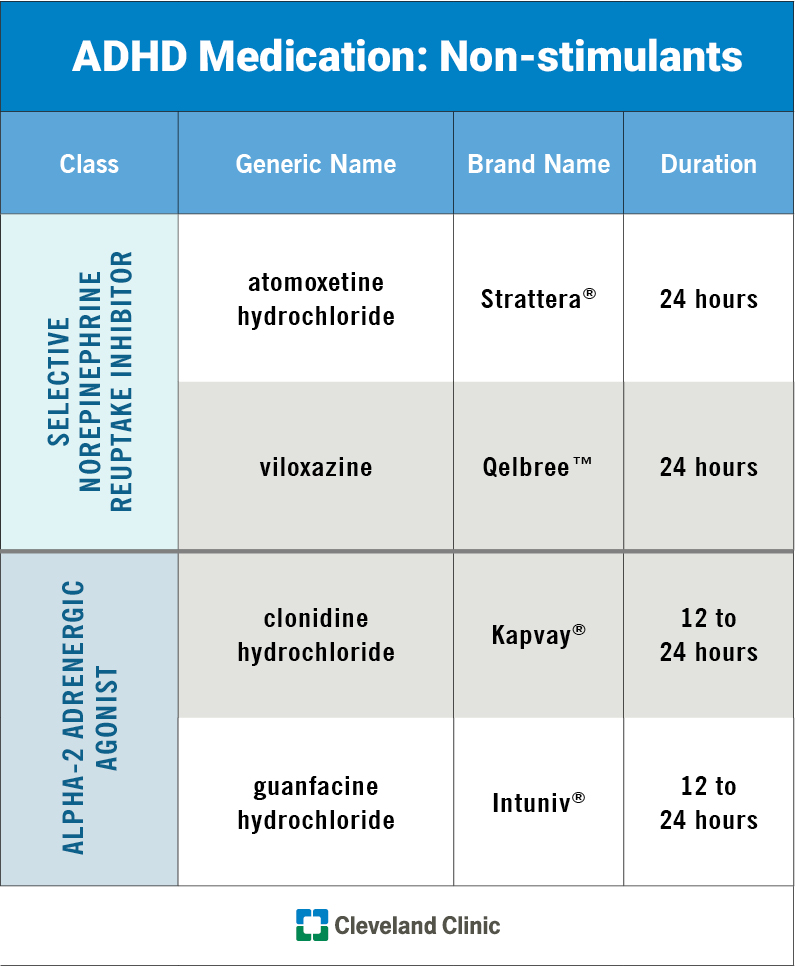Discovering Reliable ADHD Treatment Alternatives for All Ages
The complexities of Focus Deficit Hyperactivity Disorder (ADHD) present unique challenges across various age teams, demanding a thorough exploration of efficient therapy alternatives. A combination of behavior therapies, pharmacological interventions, and way of living modifications has shown promise in dealing with the diverse needs of people with ADHD.
Recognizing ADHD and Its Impact
Attention-Deficit/Hyperactivity Problem (ADHD) is a neurodevelopmental problem characterized by persistent patterns of negligence, hyperactivity, and impulsivity that can dramatically impact numerous facets of a person's life. It commonly shows up in childhood, although symptoms can linger right into their adult years. The core symptoms of ADHD can interfere with instructional efficiency, prevent social communications, and make complex occupational ventures.
People with ADHD often struggle with keeping concentrate on jobs, organizing activities, and following through on directions, which can lead to scholastic underachievement (Depression Treatment). In social contexts, impulsivity may cause troubles in forming and sustaining relationships, as individuals might interrupt discussions or make hasty decisions without considering consequences
The variability in symptom discussion suggests that ADHD can affect people in different ways, demanding an individualized technique to administration. Comprehensive recognition of ADHD's nature and effects lays the foundation for exploring appropriate treatment alternatives customized to each individual's requirements.
Behavioral Therapies for ADHD
Various behavior modifications have been created to successfully deal with the difficulties related to ADHD, concentrating on customizing certain behaviors and fostering important abilities. Among one of the most identified approaches are cognitive-behavioral treatment (CBT), parent training, and social skills training.
CBT aids individuals identify and transform adverse idea patterns and actions, advertising a much more favorable outlook and improved self-regulation. This therapy commonly includes practical approaches for managing impulsivity and improving organization. Moms and dad training programs equip caretakers by equipping them with strategies to reinforce positive actions and set consistent limits, which can be particularly useful for youngsters with ADHD.
Social abilities training is another crucial part, training people with ADHD just how to connect efficiently with peers - Depression Treatment. This technique often entails role-playing and responses to boost communication, cooperation, and problem resolution skills
Incorporating these behavioral therapies into a comprehensive therapy strategy can significantly enhance functioning and top quality of life for individuals with ADHD. Ultimately, the efficiency of these therapies relies on customized strategies that take into consideration the one-of-a-kind needs of each person, therefore cultivating resilience and flexibility in life.
Drug Options Available
For numerous people with ADHD, drug can play a significant function in managing signs and symptoms and enhancing general functioning. Both main groups of drugs recommended for ADHD are energizers and non-stimulants.
Energizers, such as methylphenidate and amphetamine-based medications, are the most typically used treatments. These medications work by boosting the degrees of bipolar psychiatrist natural chemicals, especially dopamine and norepinephrine, in the mind, which aids boost attention click now and reduce impulsivity and attention deficit disorder. They often produce fast results, making them a favored choice for numerous patients.

It is important for doctor to conduct an extensive evaluation to figure out the most appropriate drug based on specific requirements, case history, and potential adverse effects. Regular follow-up and monitoring are additionally crucial to make sure the effectiveness of the selected treatment and to make any type of required changes.
Way Of Life Adjustments to Think About
Taking care of ADHD efficiently extends beyond medicine, as way of living adjustments can dramatically improve overall well-being and signs and symptom control. Integrating organized routines is vital; regular timetables help individuals with ADHD manage their time effectively and reduce sensations of overwhelm.
Regular physical activity is one more essential element. Workout not only assists to boost concentration yet likewise boosts mood and minimizes helpful resources stress levels. Activities such as yoga exercise or group sporting activities can be particularly beneficial, promoting both fitness and social communication.
Nourishment likewise plays a crucial duty. Depression Treatment. A well balanced diet rich in omega-3 fats, whole grains, and lean healthy proteins can contribute to boosted focus and cognitive function. Limiting sugar and refined foods is advisable, as these can aggravate attention deficit disorder and impulsivity
Rest hygiene is important for handling ADHD signs. Establishing a regular sleep routine and creating a restful environment can boost sleep high quality, causing far better attention and emotional law.
Different and All Natural Approaches
Different and holistic methods to ADHD treatment use a diverse variety of choices that match traditional methods. These strategies commonly concentrate on lifestyle alterations, nutritional interventions, and healing practices that aim to boost overall health while addressing ADHD symptoms.
:max_bytes(150000):strip_icc()/adhd-treatment-4157278_FINAL-848b0cfc4d0b42a0b66c3d2ca894e9dd.png)
Mindfulness and behavior modifications are likewise obtaining traction as holistic interventions. Practices such as yoga exercise, meditation, and cognitive-behavioral treatment can grow self-regulation and enhance attention. These approaches support emotional durability, which is especially advantageous for people with ADHD.
Organic supplements, such as ginkgo biloba and ginseng, are occasionally discovered; however, it is critical to seek advice from health care specialists prior to including these right into treatment plans. While alternative and holistic techniques can supply beneficial support, they should ideally be used combined with evidence-based therapies to attain ideal results for handling ADHD across any ages.
Final Thought
In summary, effective ADHD therapy demands a comprehensive technique that consists of behavior therapies, medicine, way of living adjustments, and holistic methods. This diverse strategy emphasizes the importance of personalized care in dealing with the diverse requirements of people with ADHD across all age groups.